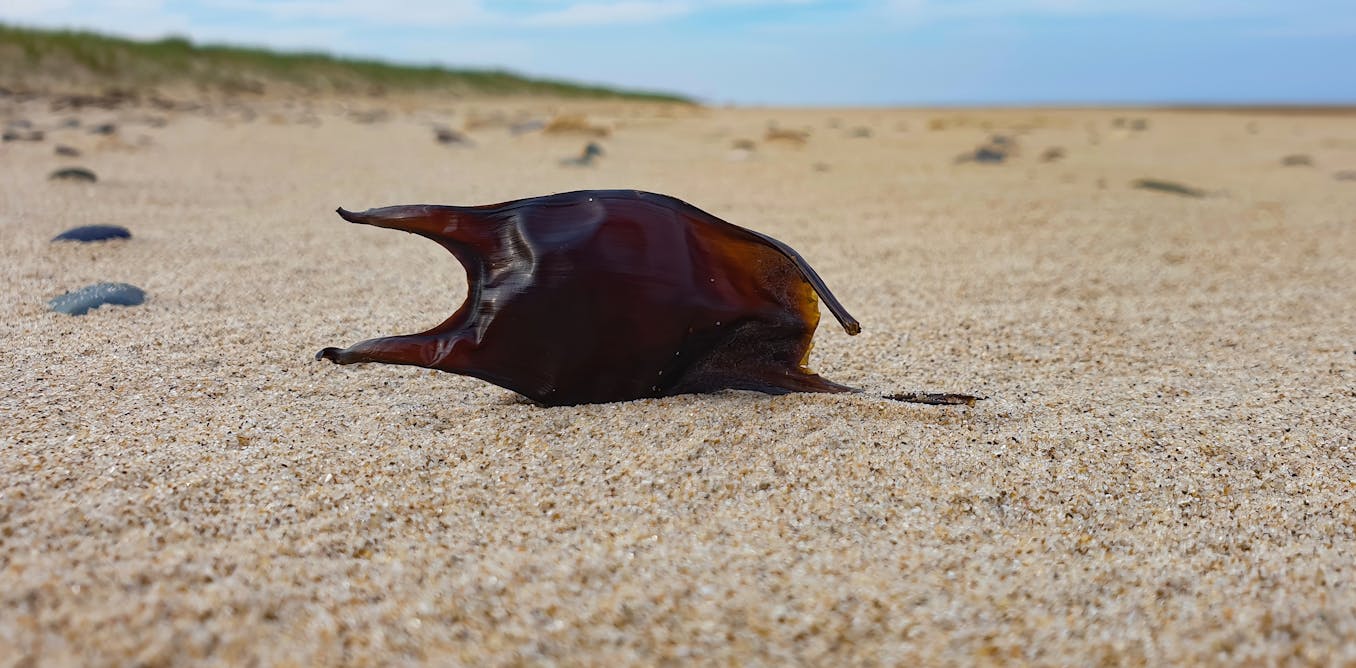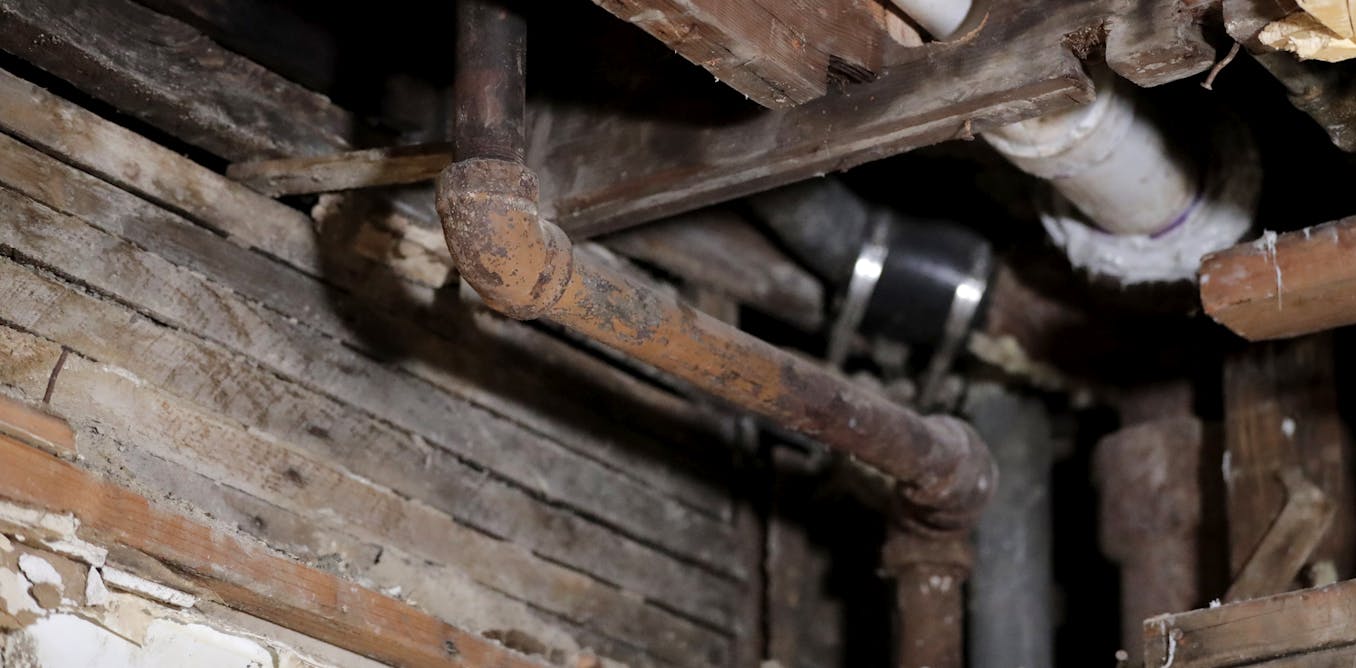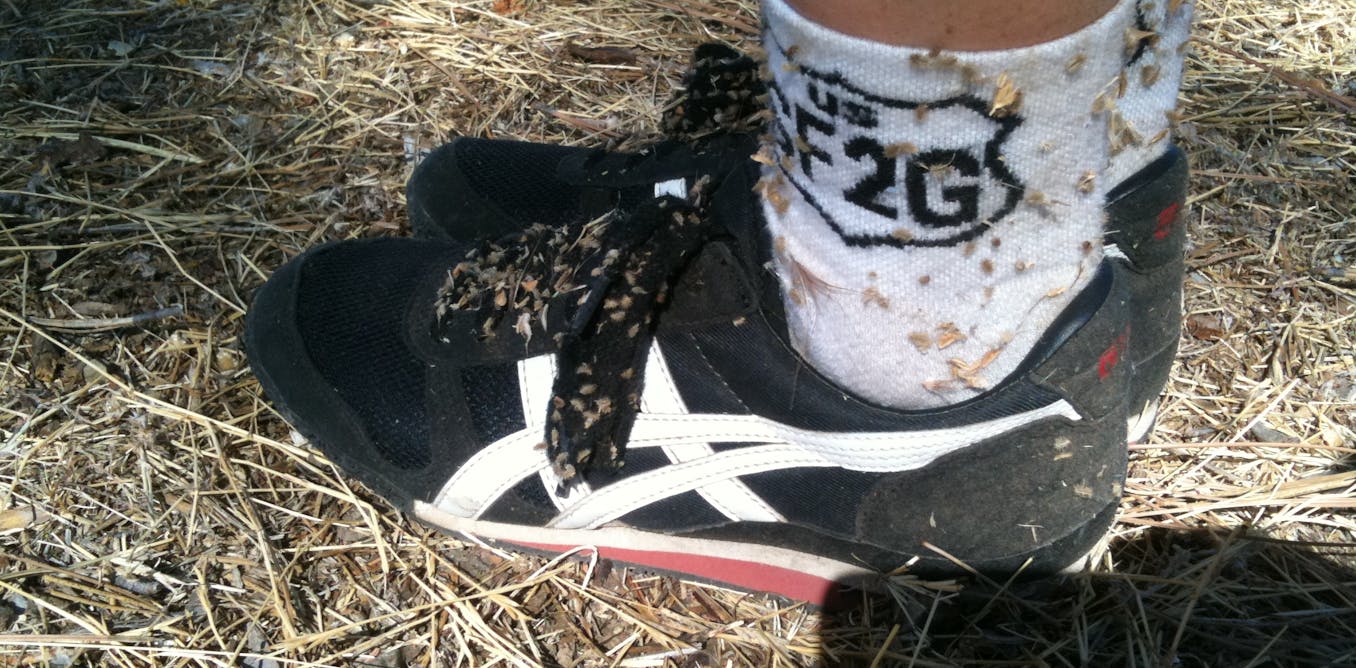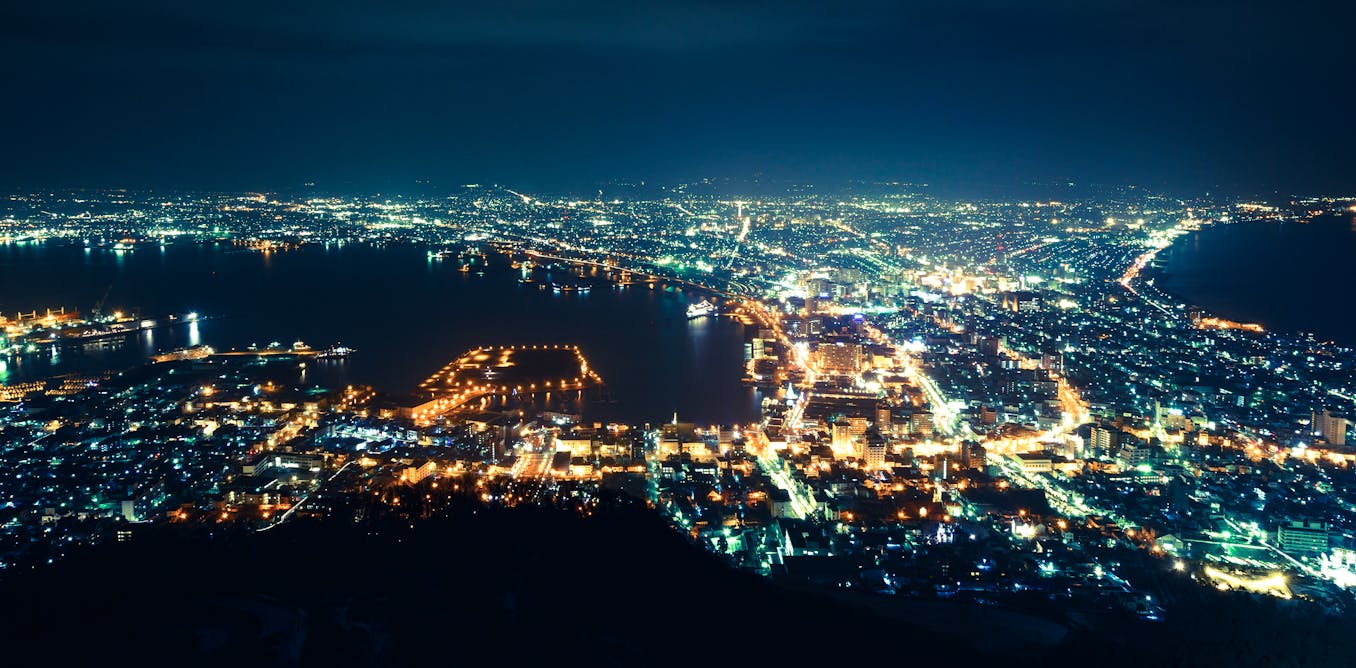Go on an Easter egg case hunt on the beach to discover more about sharks and rays
Egg cases of sharks and rays can be found washed up on the shore. Citizen science data helps scientists understand the life cycles of these marine animals and how to best conserve them.
March 27, 2024 • ~6 min





